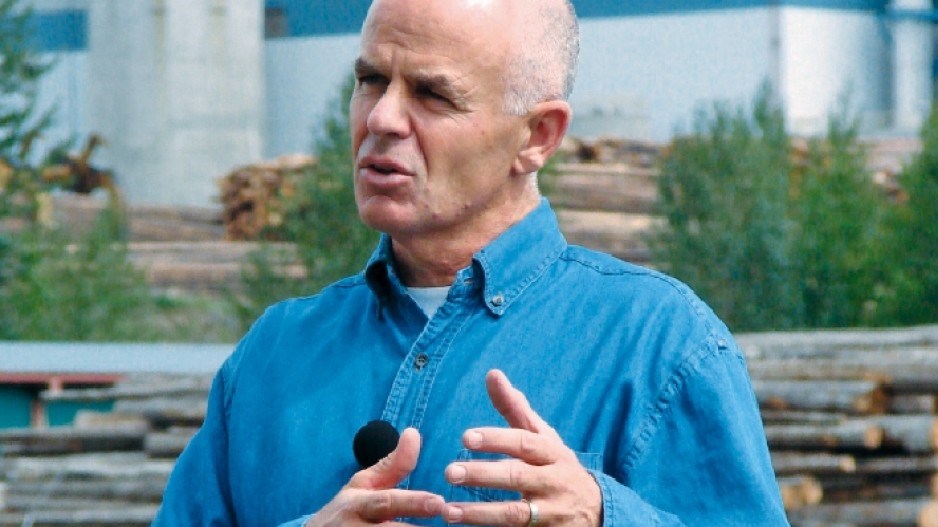Industry committed to spending $317 million on projects to reduce greenhouse gas emissions in B.C., thanks to the publicly funded Pacific Carbon Trust (PCT), according to a new PwC economic impact report.
But the analysis – commissioned by the PCT itself – was based on incomplete data, withheld by the PCT, according to the report's authors.
Nor was the report able to say how much of the $317 million was spent in B.C. or how much of the investment included federal funding.
"It's an exercise in damage control by the Pacific Carbon Trust, and it's simply smoke and mirrors," said independent MLA Bob Simpson (Cariboo North), one of the PCT's harshest critics.
"It's an attempt to make the case that the Pacific Carbon Trust is benefiting the overall economy, when in fact all of this would have happened if the Pacific Carbon Trust had never come into existence."
Established in 2008, the PCT takes money from schools, hospitals and other public bodies as a penalty for not hitting carbon-neutral targets. It then uses the money to fund sustainability projects in heavy industry and the resource sector. These initiatives are intended to reduce greenhouse gases, fuel switching being among them.
In 2010 and 2011, B.C. school districts, hospitals and other public institutions were forced to pay $37.6 million in offsets to PCT.
The PCT has funded 31 such projects but has refused to reveal how much each project received.
The report – Economic analysis of British Columbia's carbon offsets projects – noted that its authors did not have access to some data and that it therefore reflects PwC's best judgment in light of the information available at the time of its preparation.
"It should be noted that due to the limited availability of detailed project data, the determination of the timing of project spending was not possible," the report states.
For example, operating data was available for only 13 of the 31 projects funded.
"So there's a data set missing that PwC – on behalf of Pacific Carbon Trust – could not even get access to, for projects that Pacific Carbon Trust gave money to," Simpson said.
The report was unable to state how much of the $317 million might be spent in B.C.
Because items such as boilers used in new fuel switching projects are not made in B.C., Simpson speculates that a sizable chunk of that $317 million could have gone to suppliers and manufacturers outside of B.C.
He added that he believes about half of the $317 million cited in the report came from the federal government.
"The presumption that both PwC and Pacific Carbon Trust have is that somehow the offset money made this boost to the GDP happen, and yet the documentation they presented provides no evidence for that."




